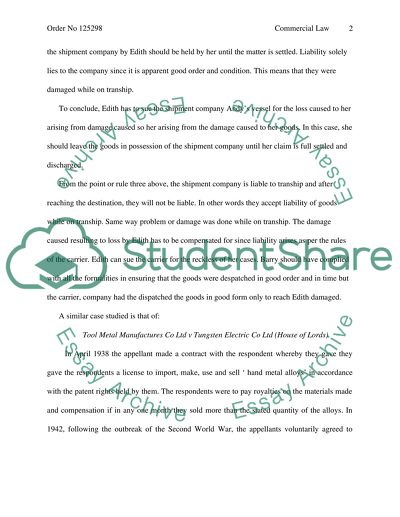Cite this document
(“Commercial Law Case Study Example | Topics and Well Written Essays - 2500 words”, n.d.)
Commercial Law Case Study Example | Topics and Well Written Essays - 2500 words. Retrieved from https://studentshare.org/law/1531448-commercial-law
Commercial Law Case Study Example | Topics and Well Written Essays - 2500 words. Retrieved from https://studentshare.org/law/1531448-commercial-law
(Commercial Law Case Study Example | Topics and Well Written Essays - 2500 Words)
Commercial Law Case Study Example | Topics and Well Written Essays - 2500 Words. https://studentshare.org/law/1531448-commercial-law.
Commercial Law Case Study Example | Topics and Well Written Essays - 2500 Words. https://studentshare.org/law/1531448-commercial-law.
“Commercial Law Case Study Example | Topics and Well Written Essays - 2500 Words”, n.d. https://studentshare.org/law/1531448-commercial-law.


